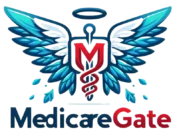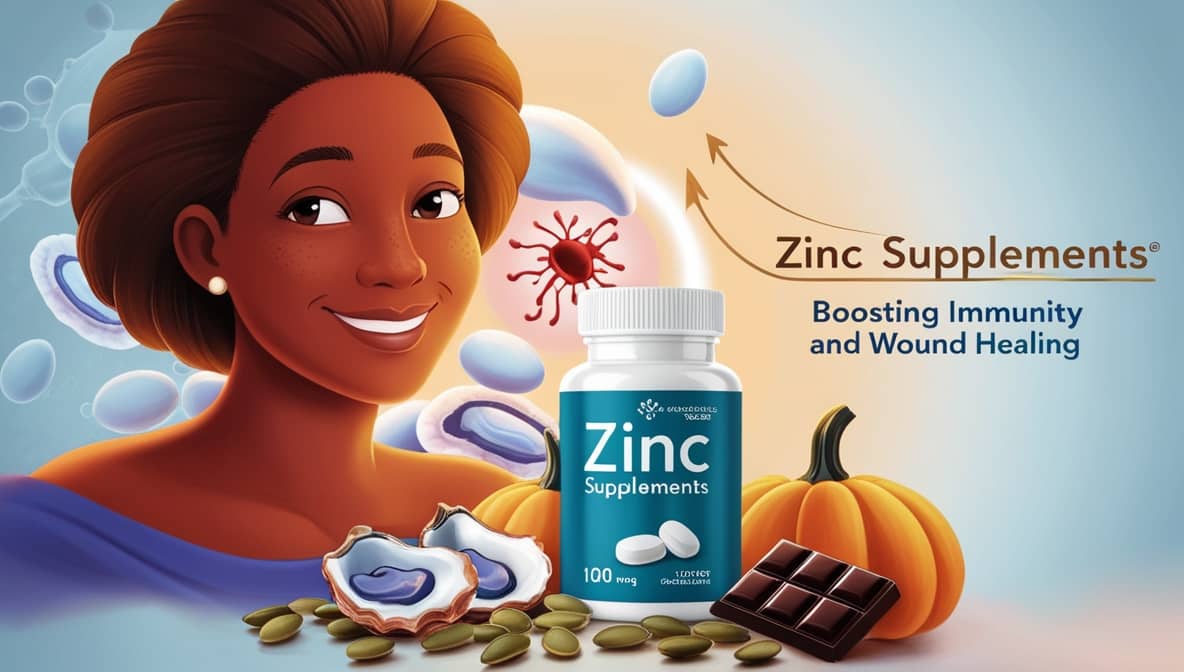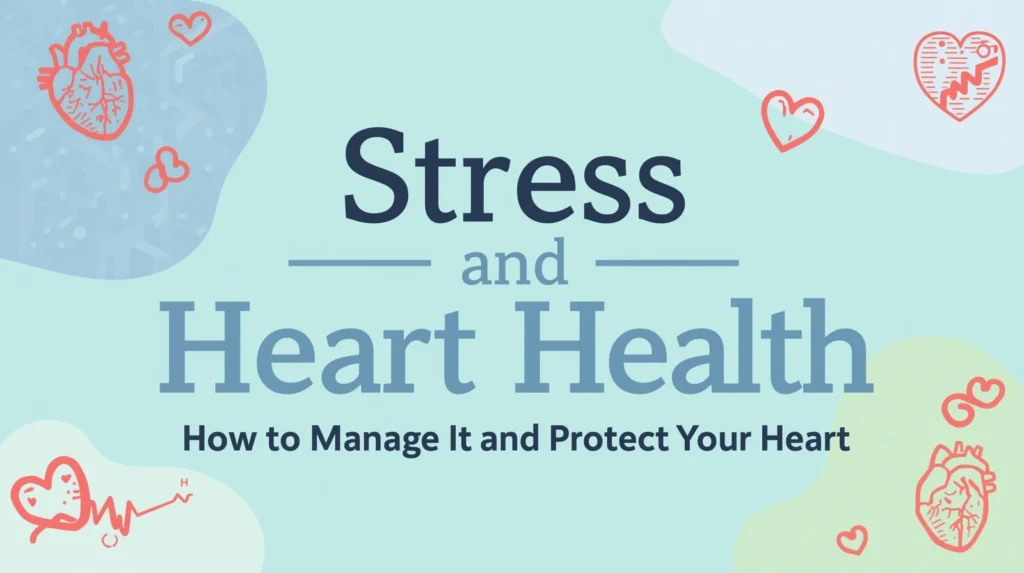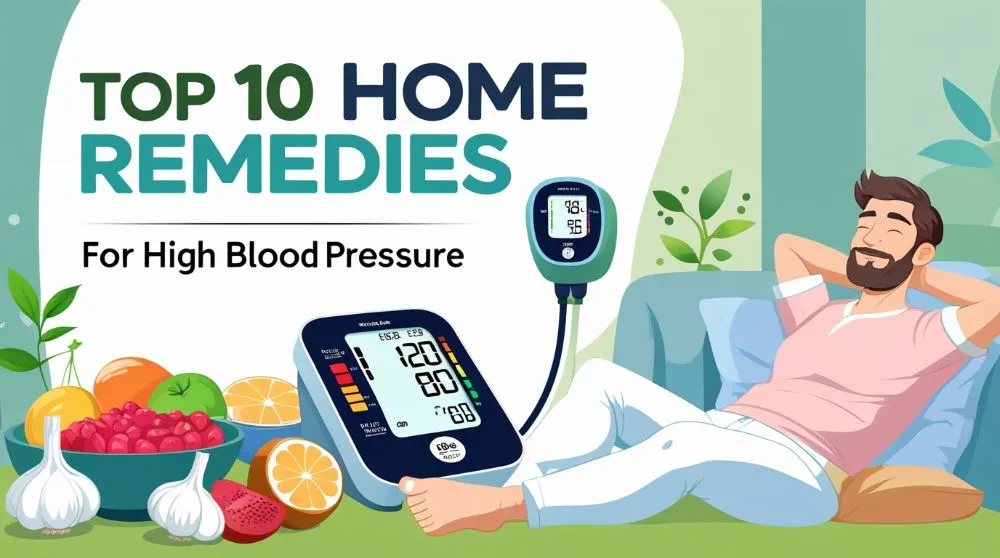Zinc is a trace mineral of vital importance, essential for maintaining good health. It is second only to iron in terms of abundance of trace minerals in the human body, and it is found in every cell.
Because the body lacks a specialized mechanism for storing zinc, obtaining it regularly and in sufficient quantities through zinc-rich foods, such as meat, shellfish, legumes, and nuts, is essential for maintaining stable bodily functions.
Zinc acts as a vital co-factor, involved in hundreds of enzyme reactions.
It supports the effective functioning of the immune system to fight infection. It also plays a pivotal role in essential processes such as cell division, DNA and protein synthesis, and normal growth.
Zinc is essential for wound healing, carbohydrate metabolism, and enhances the action of the hormone insulin. It also maintains the healthy sense of smell and taste. Zinc is particularly important during periods of rapid growth, such as pregnancy, infancy, and childhood, to ensure proper development.
Studies suggest that zinc supplements may help reduce the duration and severity of colds when taken as symptoms appear, while always emphasizing the importance of not exceeding the recommended dietary intake.
Why Zinc Is Important for Overall Health
Zinc is an essential element that supports the immune system, builds and repairs your body, strengthens your senses, and regulates vital processes from the cellular level on up. Here are its benefits in detail:
1. Immune System Function
Zinc supports immune system function through the following:
-
- T-cell production → Zinc is essential for the growth and function of immune cells, especially T cells, which are considered the “special forces” of your immune system.
- Fighting pathogens → Zinc can help prevent viruses from multiplying in your nasal passages and throat.
- Wound healing → Its role in cell growth and division makes it essential for the healing of cuts, scrapes, and other injuries.
2. Cell Growth and Repair
Zinc is essential for cell division and growth and is involved in the following processes:
-
- DNA synthesis → It is necessary for the enzyme that reads the genetic instructions in DNA to create new cells.
- Protein synthesis → It helps your body make proteins, the building blocks of muscles, organs, and other tissues. Therefore, zinc is essential during periods of rapid growth, such as childhood, adolescence, and pregnancy.
3. Sensory Functions: Taste and Smell
Zinc is highly concentrated in taste buds and smell receptors, as follows:
-
- Gastein → A zinc-dependent protein essential for the development and function of taste buds. A deficiency can directly lead to a decreased ability to taste or smell.
4. Enzyme Function
Zinc acts as a co-factor for many enzymes in the body:
Without zinc, the essential reactions these enzymes contribute to—from digestion to nerve function—will slow down or stop altogether.
Other essential minerals like magnesium, which is another critical co-factor.
5. Hormone Production
Zinc plays a key role in the synthesis and regulation of several important hormones, including:
-
- Thyroid hormones → It helps convert inactive thyroid hormone (T4) into active thyroid hormone (T3).
- Sex hormones → It participates in the production of testosterone, which is important for reproductive health in both men and women.
6. Skin Health
Zinc’s cell proliferation and anti-inflammatory properties make it an essential element for skin health. It is therefore essential for:
-
- Acne Treatment → It helps regulate oil production and reduce inflammation, making it widely used in topical and oral acne treatments.
- Collagen Synthesis → It helps produce collagen, which is essential for skin structure, strength, and elasticity.
7. Antioxidant and Anti-Inflammatory Effects
Zinc acts as an antioxidant, helping combat oxidative stress caused by free radicals:
By reducing oxidative stress, zinc helps protect cells from damage that can lead to chronic disease and aging.
If you think you’re not getting enough zinc, you can always talk to your healthcare provider about a zinc supplement that’s right for you. (NIH, 2022).
Zinc Benefits for the Immune System and Healing
Zinc not only supports the immune system, but it also acts as an essential regulator, ensuring it is strong enough to deal with the threats it may face:
-
- Skin barrier → Zinc is essential for maintaining the integrity of your skin and the lining of your respiratory and digestive tracts, acting as a physical barrier against pathogens.
- Natural killer (NK) cells → These cells are similar to the special processes in your immune system, capable of identifying and destroying virus-infected cells and some cancer cells. Zinc enhances their killing ability.
- Neutrophils and macrophages → These cells engulf and digest invaders (phagocytosis). Zinc is essential for their growth, movement, and destructive capacity.
- T cell function → Zinc is essential for the maturation and activation of T cells. Without sufficient zinc, your body produces fewer T cells, and the cells it produces become less effective at coordinating attacks and destroying infected cells.
- B cell function → Zinc helps regulate communication between T cells and B cells, ensuring the production of appropriate and effective antibodies.
Zinc has a unique and direct antiviral effect, particularly against common cold viruses.
Ionophore hypothesis → Zinc ions can effectively inhibit rhinovirus replication within the cells lining the nose and throat.
After the infection has cleared, zinc sends signals to certain immune cells, alerting them to the need to stop. This prevents excessive inflammation that could damage body tissues.
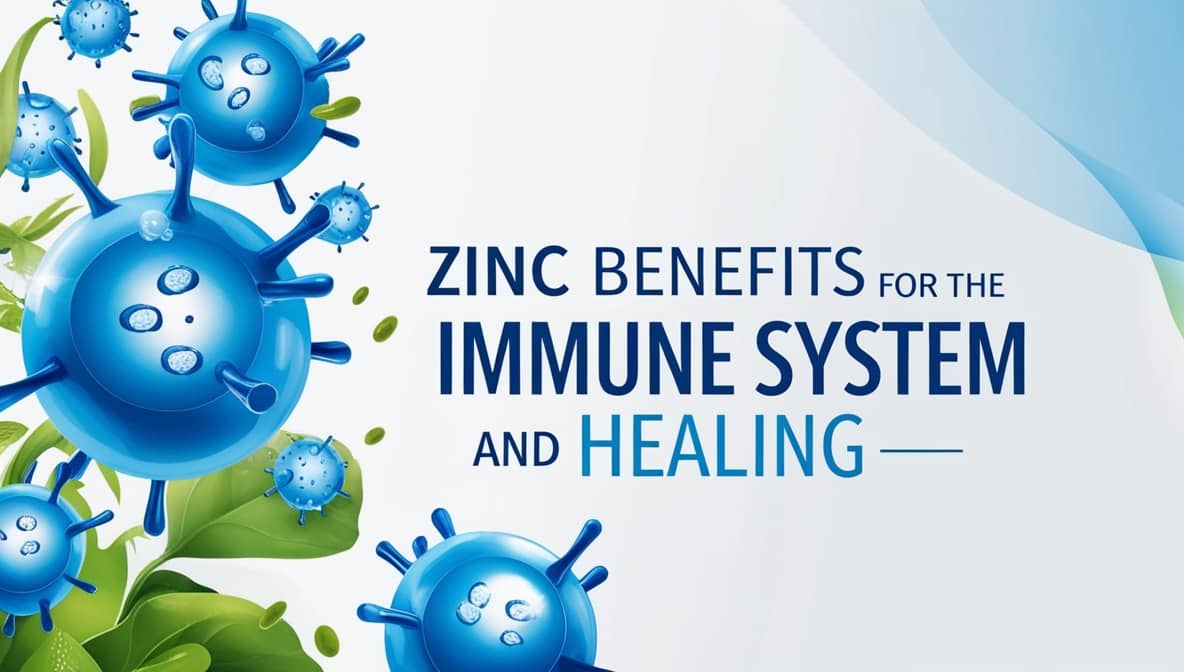
Healing and Restoration
Zinc is considered the architect and chief supervisor of the construction site. It is essential for every step of the process, including:
-
- DNA synthesis → The enzyme responsible for reading the DNA blueprint to create new cells (DNA polymerase) depends on zinc. Without zinc, cell division ceases completely, and new tissue cannot be formed.
- Protein synthesis → Zinc is essential for the cellular machinery that builds new proteins, including collagen, which forms the structural support of new skin and tissue.
- Zinc acts as a co-factor for enzymes involved in collagen synthesis, ensuring the strength and cohesion of new tissue being built.
- Regulating inflammation → Inflammation is the first stage of healing and helps clear the wound site. Zinc helps regulate this process, ensuring its effectiveness without prolonging it.
- Zinc supports immune cells (such as macrophages) that remove debris and dead cells, paving the way for the remodeling phase.
- Zinc influences growth factors that stimulate angiogenesis, ensuring the health and abundance of blood vessels in new tissue. (Medlineplus., 2025).
Common Signs of Zinc Deficiency
The most common symptoms of zinc deficiency are:
-
- Frequent infections and weakened immunity → You often catch colds, the flu, or other common illnesses. Colds last longer, and minor infections can develop into serious infections.
- Slow wound healing → Cuts, scrapes, burns, or surgical incisions take a long time to heal. The healing process appears slow.
- Skin rashes and lesions → In the form of unexplained eczema, dry/scaling skin, or dermatitis, especially around the mouth (perioral dermatitis) and on the hands.
- Hair loss (telogen effluvium) → Thinning or diffuse hair loss that exceeds normal hair loss. If you’re experiencing this, you can explore our guide on natural methods to regrow thinning hair in females.
- Altered sense of taste and smell (hyposmia) → Food tastes dull, “off,” or metallic. You may lose the ability to taste certain flavors, such as sweet or salty. Your sense of smell may also be impaired.
Less obvious but important symptoms:
-
- Diarrhea → A weakened immune system cannot effectively fight intestinal infections, leading to persistent diarrhea.
- Poor appetite → This is often due to a change in the sense of taste. Zinc also plays a role in regulating appetite and metabolism through hormones such as leptin.
- Cognitive “Fog” and mood swings → Difficulty concentrating, mental sluggishness, confusion, and even depression or increased anxiety.
- Growth and development problems in infants and children → Stunted growth, failure to thrive, and delayed sexual maturation (delayed puberty) in adolescents.
- Eye problems → Poor night vision and the development of cataracts.
- Brittle or white-spotted nails → Weak nails that peel easily, or develop white spots or lines.
Zinc Dosage Guidelines and Safety Tips
The appropriate amount of zinc depends on several factors, most notably age, gender, and specific health goals.
The National Institutes of Health (NIH) sets the Recommended Dietary Allowance (RDA), which is the average daily amount sufficient to meet the nutritional needs of nearly all healthy people, according to the following table:
Recommended Dietary Allowance (RDA) for Zinc
| Age Group | Male | Female | Pregnancy | Lactation |
| 0–6 months | 2 mg | 2 mg | ||
| 7–12 months | 3 mg | 3 mg | ||
| 1–3 years | 3 mg | 3 mg | ||
| 4–8 years | 5 mg | 5 mg | ||
| 9–13 years | 8 mg | 8 mg | ||
| 14–18 years | 11 mg | 9 mg | 12 mg | 13 mg |
| 19+ years | 11 mg | 8 mg | 11 mg | 12 mg |
Dosage for Specific Purposes
-
- General immune support → (11 mg for men, 8 mg for women). Zinc supplements often contain around 15 mg, which is a safe daily dose.
- For colds → Take zinc supplements at the first sign of symptoms to improve your chances of recovery, at a dose of (13-23 mg) of elemental zinc (usually in the form of zinc acetate or zinc gluconate) every 2-3 hours while awake for no more than 5-7 days.
- For acne → Higher doses are sometimes used under a doctor’s supervision, at doses of (30-45 mg) of elemental zinc daily (often in the form of zinc sulfate or zinc gluconate). (Nutrition Source. Harvard.edu, 2025).
Note: This is a therapeutic dose and should only be used under medical supervision due to the risk of copper deficiency.
Important Safety Tips
-
- Always ensure you meet your zinc needs with a balanced diet rich in shellfish, meat, poultry, legumes, nuts, and seeds.
- Consult a healthcare professional before starting zinc supplements, especially high doses.
- Adhere to the maximum dosage and do not take more than 40 mg of zinc per day without medical supervision.
- Use high-dose zinc lozenges only during the acute phase of a cold (maximum 5-7 days).
- Check “elemental zinc” by carefully reading the supplement label to find out the actual dose of zinc you are taking.
- Take zinc supplements with food to avoid stomach upset and improve your tolerance.
References
- Manetti, S. (2016). Zinc in diet: MedlinePlus Medical Encyclopedia. Medlineplus.gov. From MedlinePlus.
- National Institutes of Health. (2022, September 28). Zinc. Nih.gov; From National Institutes of Health.
- The nutrition source. (2019, November 1). Zinc. From The Nutrition Source.
